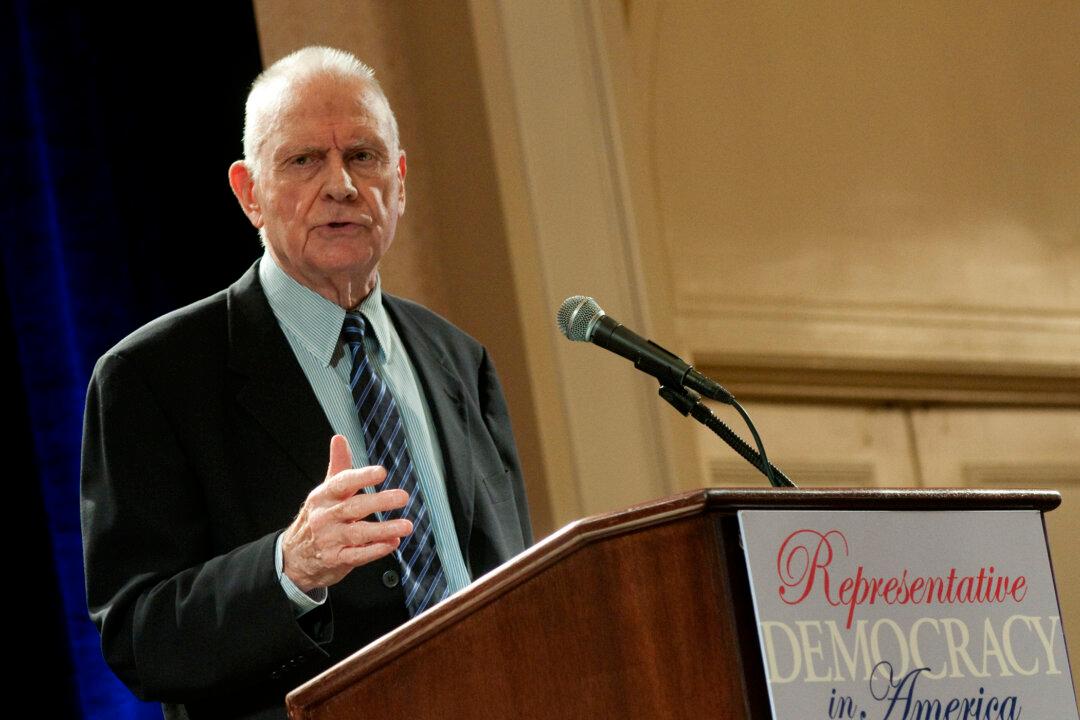Americans understand that our nation’s strength and security depend on its fiscal health. This may not be foremost on their minds right now, but rarely do I address a public meeting at which no one expresses concern about the federal debt and our general fiscal condition. We face an ongoing, long-term mismatch between our spending and revenues, and year after year, administration after administration, the debt grows larger.
A lot of ordinary people worry about this. They believe that a healthy fiscal situation is essential to our success as a nation. And they want policies in place that allow us to address the debt without interfering with the economic well-being of the country.
But the presidential candidates aren’t giving serious attention to deficit reduction, and neither, for the most part, are members of Congress. This may be because the federal deficit—that is, the yearly difference between revenues and expenditures—has shrunk. But that’s only temporary, a respite from the deficit highs we incurred during the recession. With a rising proportion of older people and spending on entitlement programs such as Social Security, Medicaid, and Medicare growing dramatically, we’re not far away from facing dangerous levels of debt. A fix is becoming increasingly urgent, and the longer we delay the more difficult it will be.
So what do we do? The solutions flow along three broad lines: spending cuts, tax increases, and economic growth. There are advocates for each, but it is hard to imagine that salvation lies in one approach alone.
Proposals to slash the deficit by cutting spending fall far short of what is needed. Indeed, our experience in the recent past offers no hope that politicians will find agreement on significant spending cuts. A similar issue confronts those who believe that we just need to unleash the forces of the market to propel economic growth—to make progress, we would need to see a growth rate far above anything we have a reasonable chance to reach and sustain. And although there may be politicians who quietly wish we could tax our way out of the deficit crisis, there is no political appetite for it.




